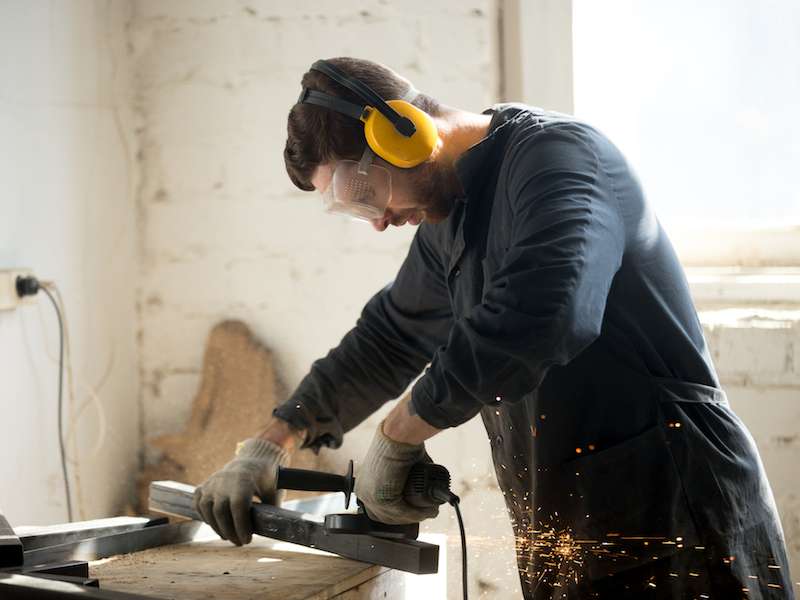
What stops your hearing protection from working properly? Watch for these three things.
In spite of your best efforts, you can sometimes run into things that can hinder your hearing protection, both at home and at work. And that can be aggravating. After all, you’re trying to do what you’re supposed to do! You wear your earmuffs every day while working; you use earplugs when you go to a show; and you avoid your loud Uncle Joe who is always shouting in your ears (although, perhaps you just don’t really like Uncle Joe).
Here’s the point, when you’re doing everything correctly but you’re still having difficulty, it can be aggravating. Fortunately, you can take some measures to protect yourself once you understand what kinds of things can impede the performance of your hearing protection. And this will keep your ear protection working effectively even when you’re experiencing a little difficulty.
1. Wearing The Wrong Type of Ear Protection
There are two handy and basic categories of ear protection: earmuffs and earplugs. As the names might imply, earplugs are compact and can be pushed directly into the ear canal. Earmuffs are like big headphones with no music (instead, they, you know, safeguard your ears).
- Earplugs are recommended when you’re in a setting where the noise is fairly continuous.
- When loud sounds are more intermittent, earmuffs are recommended.
The reasons for that are pretty simple: you’ll want to remove your hearing protection when it isn’t noisy, and that’s less difficult to do with earmuffs than earplugs. Earplugs are very easy to misplace (especially if they’re cheap and disposable anyway), so you don’t want to be in a position where you take out an earplug, misplace it, and then need it later.
You will be fine if you use the correct protection in the right scenario.
2. Your Anatomy Can Affect Your Ear Protection
There are many differences in human anatomy from person to person. That’s why your vocal cords are average sized compared to old Uncle Joe who has larger vocal cords. That’s also why you may have a smaller than average ear canal.
And that can mess with your ear protection. Disposable earplugs, for example, are made with a t-shirt mindset: small, medium, and large (even sometimes one-size-fits-all). And so if you have rather tiny ear canals, you may have a difficult time making earplugs fit, causing you to give up entirely and in frustration, throw them away..
If you find yourself in this situation, you might forsake the hearing protection you were attempting to give yourself, leaving you in danger of hearing damage. The same thing can happen if, for instance, your ears are on the larger size, making earmuff style protectors awkward. For individuals who work in noisy environments, a custom fit pair of ear protection is a good investment.
3. Assess Your Hearing Protection For Signs of Wear
You should be commended if you manage to wear your hearing protection every day. But day-to-day usage will cause wear and tear to your hearing protection which you need to keep an eye on.
- Wash your hearing protection. Ears aren’t exactly the cleanest part of your body (ear wax serves a good purpose and all, but it’s still kind of… gross). Just make certain that you wash properly; if you’re cleansing a set of earmuffs, take the earmuffs apart. Be careful not to drop your earplugs into the drain.
- Replace cushions on earmuffs every now and then (generally, when those cushions aren’t pliable, they’re ready to be replaced).
- If you use earmuffs, check the band. When the elastic is worn out and the band is failing to hold the earmuffs snug, it’s time to exchange the band.
If you want to get the greatest possible benefit, you need to perform routine maintenance on your hearing protection. If you have any questions or how to do that, or how to ensure you’re ready for things that can hinder your hearing protection, it’s a good idea to have a frank conversation with a highly qualified hearing professional.
You need your hearing. It’s worth taking the time to protect it right.







